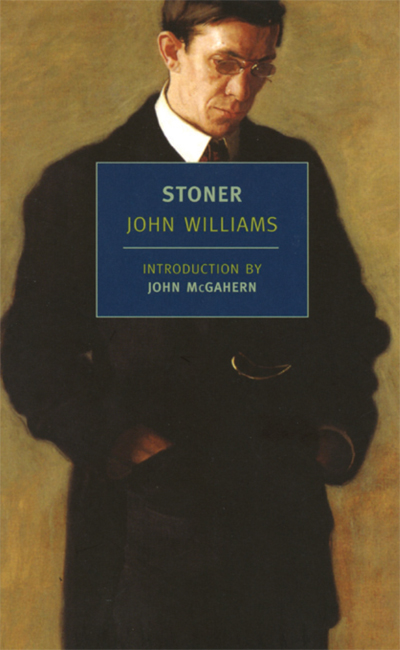
If you stand in just the right place, what you can still make out in the middle of things is the kind of fortress the mission once saw itself to be, a kind of town square around which life was lived. Mission work on reservations like the Rosebud aren't what they were fifty years ago, or a century, or certainly when St. Francis began in 1886. The sepia-tone image of a white-faced Black Robe standing up in front of a gathering of little Tontos has long passed away.
I was there several years ago, in the museum right next door to the church. I don't remember what kind of information I was looking for, but the museum guide, a high school girl, smiled nicely and told me that I should ask Father So-and-so, who, she said was still around somewhere. She told me he was in his eighties or nineties, and then said, "He's been here his whole life."
The name had a distinctly foreign flavor, Father So-and-so likely Polish or Italian or something, in all likelihood foreign-born, which is not unusual among the Roman Catholic mission old-timers.
I remember thinking right then and there that I should have heard of the man, a man of God who, like many others devotedly gave his whole lives to places like St. Francis Mission. He'd spent sixty or seventy years creating, if nothing else, a ministry of presence that had to be a blessing.
Today, his remains are likely down in the dirt of the church cemetery. I should have talked to him back then, as that young lady recommended. He'd lived an incredible but almost totally obscure life in a difficult place residents of modern America don't even know exists.
A couple years ago, for reasons I don't remember, I bought Stoner as an Audible book and listened to it for weeks when I walked country roads or worked out in the gym. Oddly enough, I remember walking up the driveway to the farm house where we lived back then, listening to the almost unremittingly sad story of a man who went to college when few farm boys like himself did, then somehow fell in love with literature and never left the university.
Perhaps he should have. His marriage was a sham from the very first night of the honeymoon. He lost his only daughter when his wife determined he could have no more access to her. A torrid affair with a much younger woman lit some fires for a time, but, as most of those affairs do, this one burned itself out and left him charred and weak.
In his career at the University, he published one obscure book that collected dust on a few library shelves but is likely never read; much of his professional life was darkened by the kind of petulant rivalry academic departments often inflict.
The truth is, I loved the novel, even though I would not have recommended it to a soul--and didn't. It's unsparing realism is the characteristic style of its age, and the world it creates no longer exists in higher education anyway.
In other words, I loved the novel for reasons I don't think I understood myself.
And now I discover that Stoner is a cult novel with an immensely fashionable following among what Garrison Keillor might call "English majors," its author, John Williams, himself an obscure writer, thought of as "a writer's writer." Tim Kreider, in the New Yorker a couple of years ago, called Stoner "the greatest novel you never heard of."
But I never really sat down to think about why until I read Maggie Daugherty's "The Vanished World of Stoner," in the New Republic. Daugherty makes clear why the story's age seems so preposterous today; after all, in the era of adjuncts, tenure-track professors are themselves banished to a university's rare book section. What she documents is a sea change no one in higher education could have predicted.
But that's not it either. When I listened to that novel on country roads all around, its peculiar and old-fashioned academic world didn't move me. What moved me was what moved thousands of others like me--English profs all, I suppose--the almost divine event of Stoner's "conversion" to literature, a sudden and growing conviction that a whole world existed in a line of words on a page, a world so rich that I had no option but to honor it.
Stoner dies in obscurity, just like that Jesuit priest who gave 80 years to the St. Francis Mission. He's barely even remembered. He is by no means an America hero.
But he loved what he did. He honestly did. He loved what he did.
Don't read the novel. You wouldn't like it.
But I did. And so, apparently, do a lot of folks just like me.
1 comment:
I read this novel in grad school in the late 1960's. I am a retired English prof who spent 42 years at the same school by choice. The new republic essay is excellent. Thanks. Rick mcnamara
Post a Comment